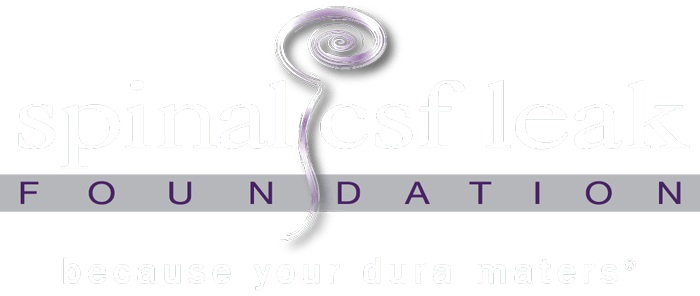Spinal CSF Leak Foundation is launching our Patient Advisory Panel for Research because we believe that inclusion of the patient voice is crucial in moving research forward. As all of our board members, volunteers, and executive director are currently or have been affected by spinal CSF leak, we try center the patient experience in everything we do, which makes us truly excited to be actively recruiting a diverse patient advisory panel to share the patient perspective on research priorities and initiatives. Recently, we asked a patient and a physician to share their thoughts with us about just why that is so important.
Aiza Jose Fernandez is a former spinal CSF leak patient who was featured in one of our patient stories. She recently had the opportunity be a part of a research review team and shared some of her experience with us:

From the opportunity I had to be part of a research review team as a patient, I learned how complex and lengthy the research process is. Just submitting an application and crafting a proposal requires a lot of effort and dedication, before the research study can even begin. A lot of thought needs to go into it, and much work is needed to even get to that point. It’s important for patients to be involved in having a say in what kinds of research gets funded because very little is known about our illness, and we as patients have a unique perspective on what is most needed to improve our quality of life. Including our perspective helps ensure that the research really takes that into consideration.
Dr. Tim Amrhein, Associate Professor of Radiology and Director of Spine Intervention at Duke University Medical Center, and Foundation Medical Advisory Board member, had this to say about the importance of patient advisory panels:

Patient advisory panels serve a critical role in clinical research. Patient input can help ensure that the research questions being asked are focused on problems that are important to those affected by the disease process being studied, thereby generating results that will actually improve lives. Patient advisory panels can also help identify barriers to project success, such as methods to increase enrollment rates in clinical trials or how outcome information will be gathered. The value of patient advisory panels is now well recognized, particularly for clinical trials, and they are a key component to obtaining successful extramural grant funding from government agencies such as the NIH.
If you would like to play a key role in evaluating research and setting research priorities, apply to our Patient Advisory Panel on Research today!
